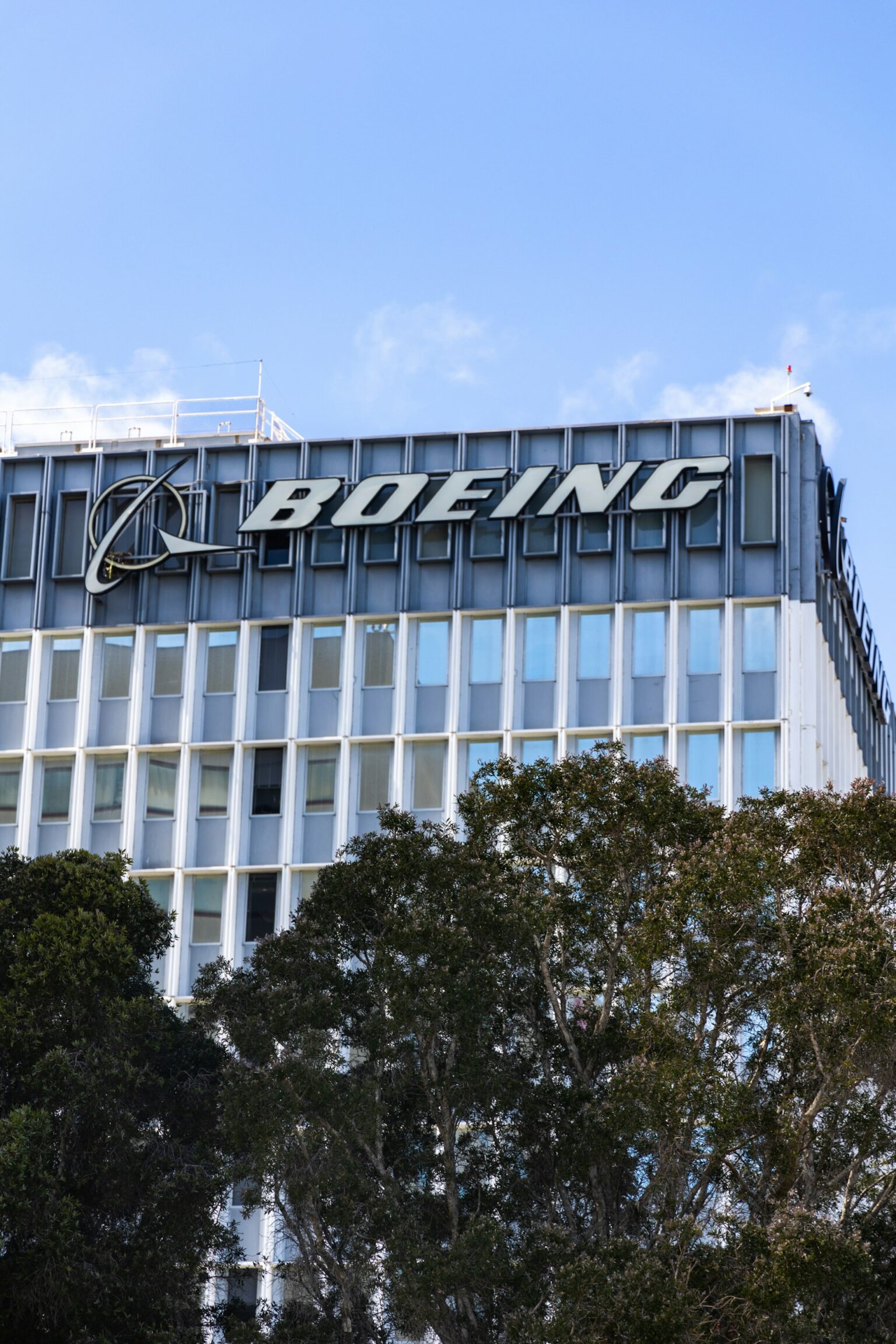The European Commission has conditionally approved Boeing’s acquisition of Spirit AeroSystems, concluding that the deal can proceed only if the US aerospace giant divests key Spirit operations that supply Airbus.
The decision follows a detailed investigation into concerns that the transaction, as initially notified, could significantly reduce competition in the global markets for aerostructures and large commercial aircraft. Spirit AeroSystems is a major manufacturer of aerostructures—essential components forming the framework of aircraft—which are supplied to leading plane makers including Boeing and Airbus.
According to the Commission, the merger in its original form would have given Boeing both the ability and incentive to restrict supplies of aerostructures to rival aircraft manufacturers, in particular Airbus. Regulators were also concerned that Boeing might gain access to commercially sensitive information about Airbus through Spirit’s existing contracts and use that data to its advantage.
To secure clearance, Boeing offered a package of remedies that fully address these competition concerns. The company agreed to sell all Spirit businesses currently supplying Airbus directly to Airbus itself, along with the related assets and workforce. In addition, Spirit’s facility in Malaysia, which supplies Airbus and other manufacturers, will be sold to Composites Technology Research Malaysia (CTRM), a Malaysian aerospace supplier owned by the industrial group DRB-HICOM.
The Commission concluded that these commitments preserve competition by ensuring Airbus can integrate Spirit’s operations into its own production chain, securing its supply of critical components. At the same time, the sale of the Malaysian site to CTRM is expected to introduce a new competitive force in the aerostructures market.
After testing the proposed remedies with market participants, the Commission received broadly positive feedback and determined that the revised transaction would no longer raise competition issues. Both Airbus and CTRM were approved as suitable buyers, having demonstrated independence from Boeing and Spirit, sufficient financial resources, and the expertise to maintain the divested businesses as viable competitors.
The approval remains conditional upon Boeing’s full compliance with its commitments. An independent trustee, appointed under the Commission’s supervision, will monitor the divestiture process to ensure that all obligations are met.
The Commission’s review began on 26 August 2025 under the EU Merger Regulation, which requires Brussels to assess mergers and acquisitions involving companies with significant turnover in the European Economic Area. While most notified mergers are cleared without difficulty, the Boeing–Spirit case underwent a full Phase I review, extended to 35 working days due to the proposed remedies.
Announcing the decision, Teresa Ribera, the Commission’s Executive Vice-President for Clean, Just and Competitive Transition, said the commitments were essential to maintain fair competition in a vital sector for Europe’s economy. “Spirit is an important supplier of aerostructures to large commercial aircraft manufacturers such as Boeing and Airbus,” Ribera stated. “We were concerned that, by acquiring Spirit, Boeing would have an incentive to limit supplies to its competitor, Airbus. This could have increased costs and reduced availability of aircraft parts, ultimately affecting European passengers. Boeing’s commitments preserve competition in this crucial market, allow a new rival to enter, and ensure that commercial aircraft makers continue to access components at competitive prices.”


